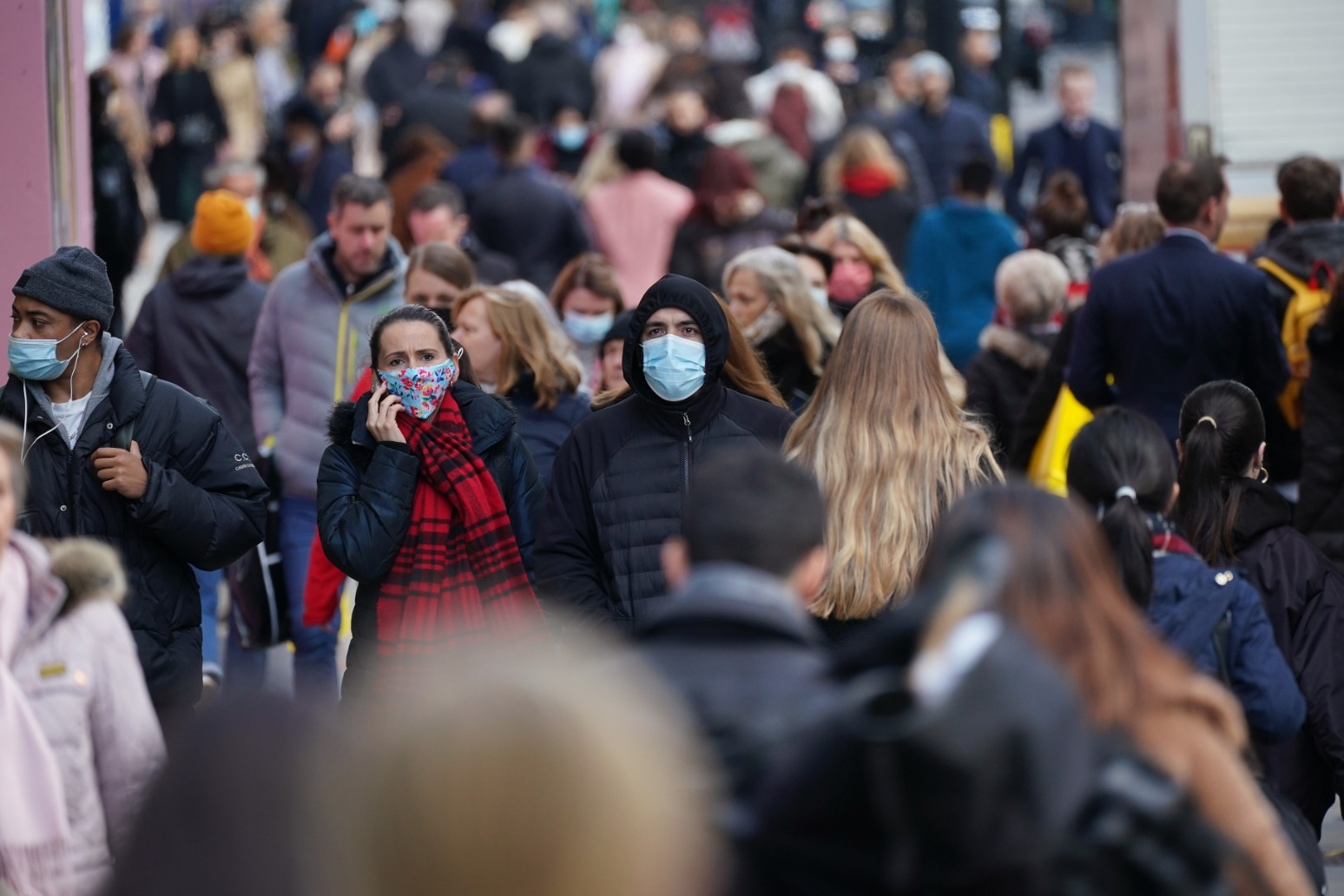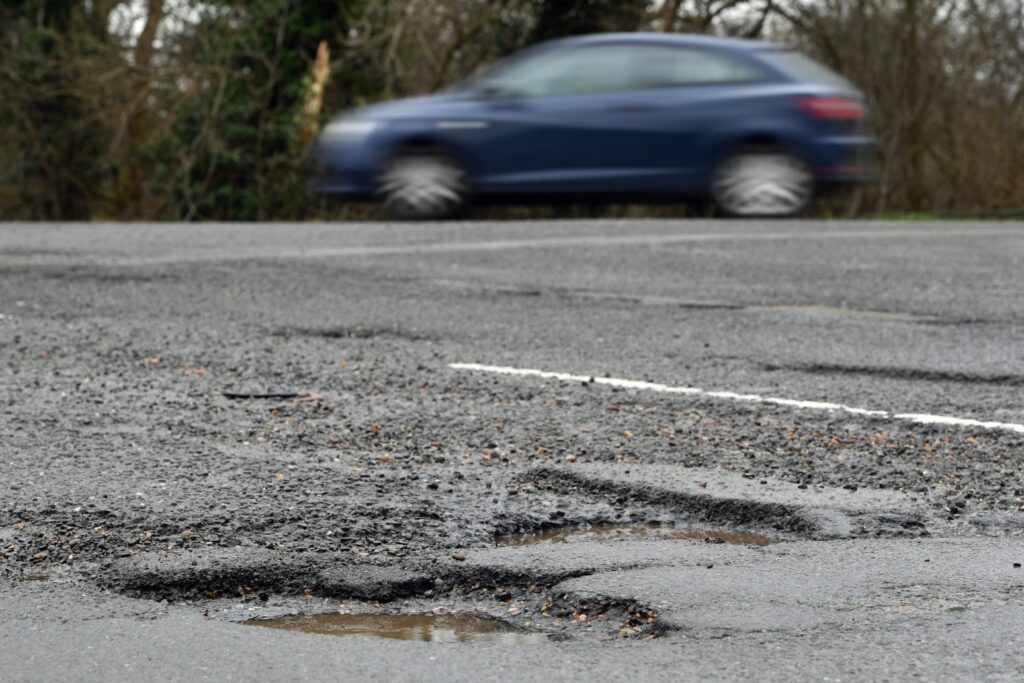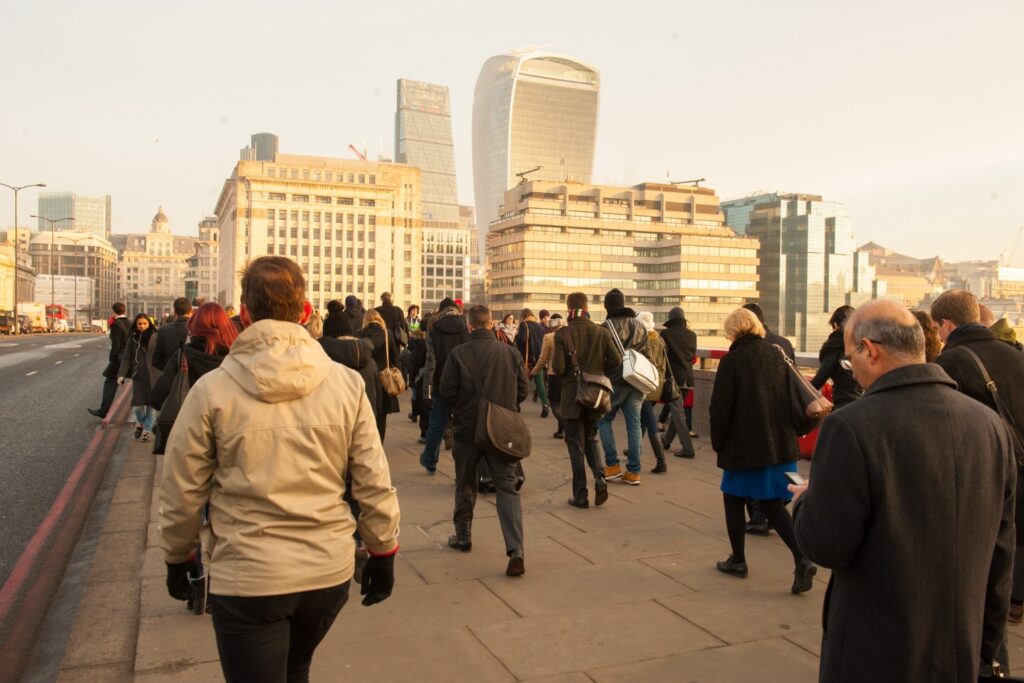This website uses cookies so that we can provide you with the best user experience possible. Cookie information is stored in your browser and performs functions such as recognising you when you return to our website and helping our team to understand which sections of the website you find most interesting and useful.
Covid inquiry hears evidence on how the pandemic impacted the NHS
09/09/2024

The chairwoman of the UK Covid-19 Inquiry has begun to hear evidence relating to the impact of the pandemic on patients and the NHS.
Baroness Heather Hallett told the inquiry on Monday morning that she understood people’s concerns over how much evidence would be heard but argued the hearing needed to stick to its timescale.
It comes after the Covid-19 Bereaved Families for Justice UK campaign group said only two of the 23 witnesses it put forward for module three of the inquiry would be heard.
Lady Hallett said: “I apologise in advance to those who would like us to spend more time examining particular issues in these hearings.
“I understand their concerns and, as I have said before, the longer any set of hearings take, the longer the delay in making recommendations and the longer the delay in investigating other important modules, such as the impact on the care sector and children and young people.”
Module three of the inquiry began on Monday with a film showing patients and NHS workers speaking about working on the frontline during the pandemic.
Writer and broadcaster Michael Rosen is seen discussing his treatment in intensive care when he was struck by Covid-19.
He said he was asked by staff to sign a form authorising him to be put “to sleep”.
When he asked whether he would wake up, he was told he would have a “50/50” chance, he said.
This part of the inquiry is looking at the governmental and societal response to Covid-19 by assessing the impact of the pandemic on how NHS services were delivered.
This will include how managers led the pandemic response, the role of primary care and GPs, NHS backlogs and how the vaccine programme was integrated.
The diagnosis of long Covid and the support offered to those affected will also be examined.
Evidence this week will come from Covid-19 Bereaved Families for Justice; Dr Barry Jones, chairman of the Covid-19 Airborne Transmission Alliance; Richard Brunt, director of engagement and policy division at the Health and Safety Executive; and Sara Gorton, head of health at Unison.
Jacqueline Carey KC, counsel to the inquiry, told the hearing on Monday there was a “lack of scientific consensus” about the transmission of Covid-19 during the pandemic, which may not yet have been resolved.
She also said there were not enough GPs to meet demand, while one practice nurse described having up to 20 different guidelines to read daily which took away from patient care.
The NHS 111 services and 999 also came under intense pressure, the inquiry heard.
Nicola Brook, solicitor at Broudie Jackson Canter, which represents more than 7,000 families from the Covid-19 Bereaved Families for Justice UK group, said before the hearing: “This module of the inquiry is one of the most important in understanding the true horrors of the pandemic.
“It will reveal some of the most shocking details, distressing stories and outrageous scandals that took place.
“Despite the narrative pedalled by those in charge that the UK coped, the sad fact is people died unnecessarily.
“Groups like the disabled and the elderly were written off because it was considered that their lives were not worth saving.”
In July, the inquiry’s first report into preparedness for a pandemic found the UK Government and the civil service “failed” the public due to “significant flaws”.
It said there was a “damaging absence of focus” on the measures and infrastructure that would be needed to deal with a fast-spreading disease, even though a coronavirus outbreak at pandemic scale “was foreseeable”.
The public hearings for module three are expected to run for 10 weeks.
Published: by Radio NewsHub



